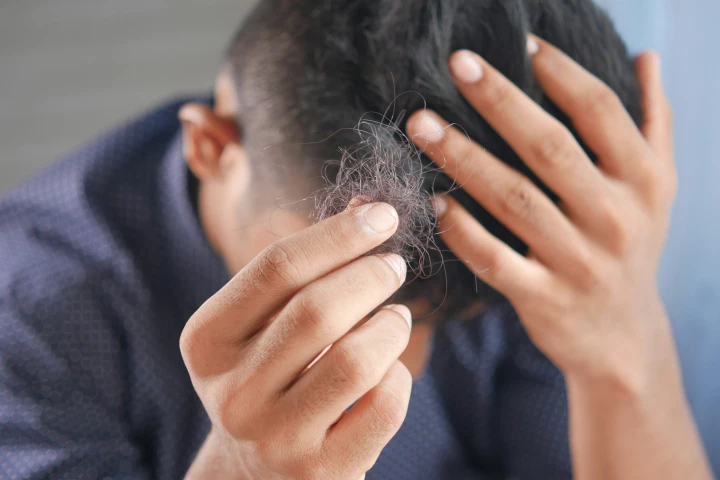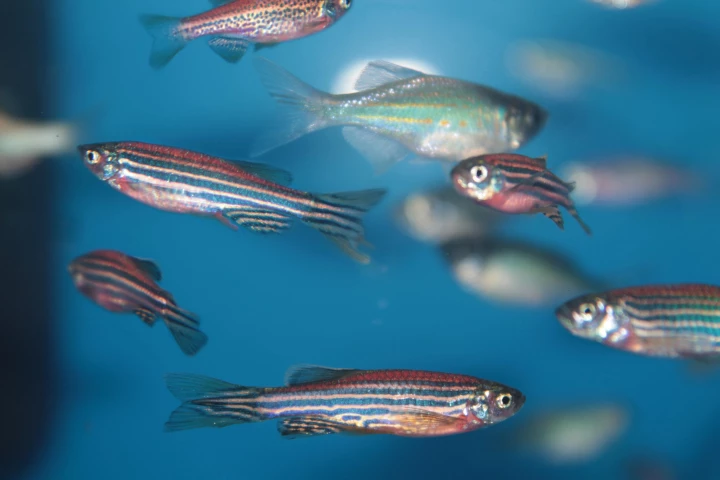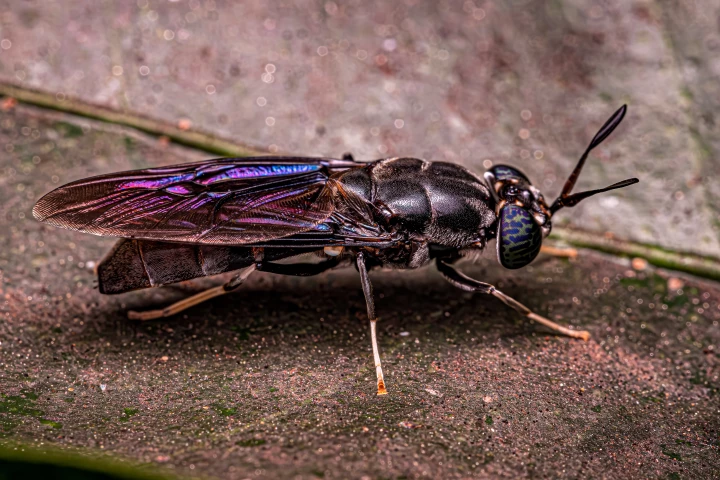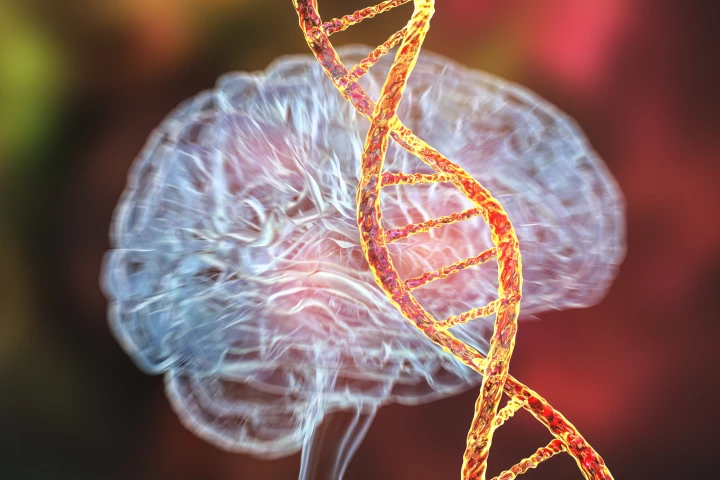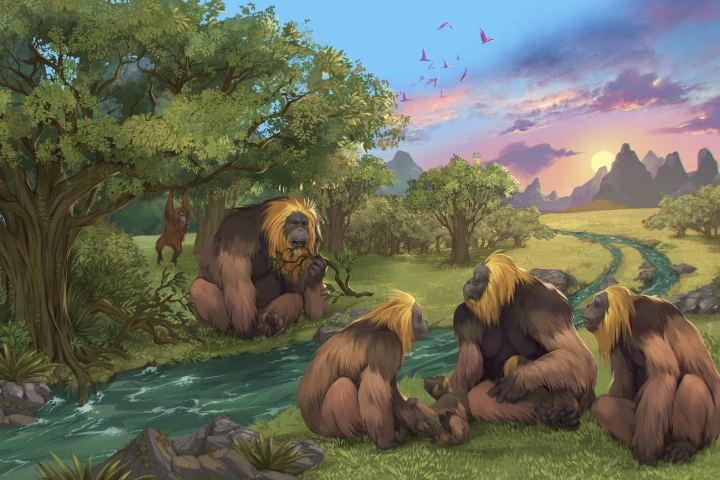Macquarie University
-
While the topical application of minoxidil is one of the most effective and popular ways to combat male pattern baldness, it is poorly absorbed by the skin. Looking to improve its efficacy, researchers have turned to an unlikely but very sweet ally.
-
A protein found in our cells has emerged as a secret weapon against biological aging, acting like a glue to repair damaged DNA and ward off neurological degeneration including that seen in motor neuron, Alzheimer’s and Parkinson’s diseases.
-
Two bioactive ingredients in cannabis have antifungal properties when applied topically, according to a new study. The discovery comes as the World Health Organization calls for urgent new treatments for potentially deadly fungal infections.
-
Scientists have discovered how an Australian jumping spider's semi-hydraulics allows it to speed jump long distances with precision while experiencing g-forces higher than those of fighter pilots. Their insights might help robotics research.
-
Methylmercury is an extremely toxic compound, and unfortunately it's often present in the fish that we eat. Scientists are now developing a method of removing it from the environment, utilizing engineered fish and flies that take up the compound and neutralize it.
-
If you're a surfer who doesn't want to be attacked by great white sharks, your surfboard should be as dark and stealthy as possible … right? Perhaps not, as a new Australian study suggests that a lit-up board may be better at keeping the sharks away.
-
"We can feed black soldier flies straight, dirty trash," says a team that's working to turn insects into landfill-clearing biomanufacturing machines that turn regular, dangerous or contaminated garbage into a range of high-value products.
-
For the first time, researchers have shown how a simple walking plan can deliver significant, long-lasting relief from recurring lower back pain. Until now, this common-sense activity has been seen as a something to include in treatment, not focus on.
-
The discovery of rare painted rock art featuring cattle in one of the driest parts of the Sahara Desert indicates that the region was once covered in grass, swamps and waterholes, making it a resource-rich home to a diverse community of animal species.
-
You may not want to meet a live one, but would you swap out steak for snake? These 'danger noodles' have been tabled as a high-protein, low-fat food source, and a more sustainable meat option. It sure changes the meaning of the phrase 'snake bite'…
-
Researchers have created a single-dose genetic therapy that, in mice, cleared the protein blockages that cause motor neurone disease and frontotemporal dementia, two incurable neurodegenerative diseases that eventually lead to death.
-
For two million years, a 10-feet-tall, 660-pound ape thrived in the forest, until it mysteriously vanished during the late middle Pleistocene. After 10 years of work, scientists at last reveal just what happened to our largest known distant relative.
Load More
